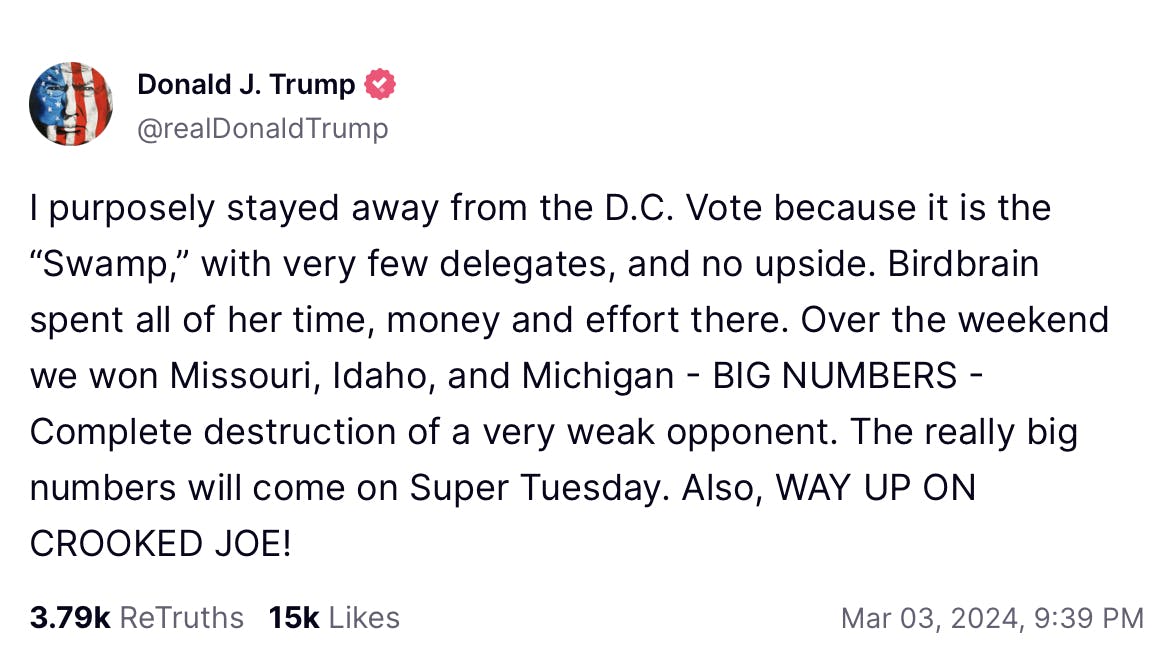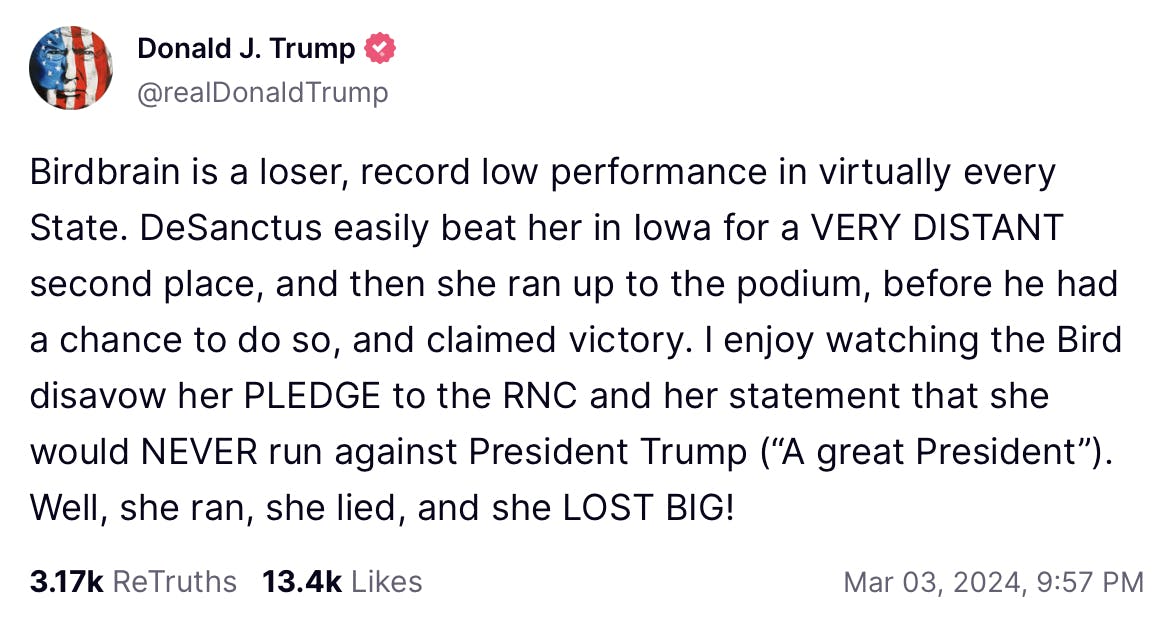Jamie Raskin One-Ups Supreme Court With Plan to Kick Trump off Ballot
The Democratic representative isn’t holding back.

Representative Jamie Raskin has a message for the Supreme Court: challenge accepted.
The Supreme Court unanimously ruled Monday that Colorado can’t kick Donald Trump off its 2024 state primary ballot—and by extension, neither can any other state. Although the bench was united in its decision, it was sharply divided in reasoning. Five of the six conservative justices determined that the Fourteenth Amendment can only be enforced through a law passed by Congress, which the three liberal justices strongly opposed.
“I disagree with that interpretation, just because the other parts of the Fourteenth Amendment are self-executing,” Raskin said on CNN.
“In any event, the Supreme Court punted and said it’s up to Congress to act,” the Maryland representative continued. “And so I am working with a number of my colleagues, including Debbie Wasserman Schultz and Eric Swalwell, to revive legislation that we had to set up a process by which we could determine that someone who committed insurrection is disqualified by Section 3 of the Fourteenth Amendment.”
Rep. Jamie Raskin (D-MD) after SCOTUS ruling says he is working to revive legislation to “set up a process” to, under the 14th Amendment, disqualify someone who's committed insurrection:
— The Recount (@therecount) March 4, 2024
“The question is whether Speaker Mike Johnson would allow us to bring this to the floor.” pic.twitter.com/UDC9xbVLLo
Raskin noted that the House had voted in 2021 to impeach Trump for inciting insurrection. The Senate ultimately acquitted Trump, but only by a vote of 57–43.
The Colorado state Supreme Court ruled in December that Trump had engaged in insurrection during the January 6 attack and was therefore ineligible to appear on the primary ballot. Little more than a week later, Maine’s secretary of state also barred him from the state’s ballot. He was booted from the Illinois state ballot just last week.
The Supreme Court ruling mandates his return to all three ballots and ends dozens of lawsuits weighing whether Trump was eligible to appear on other states’ ballots.
The three liberal justices agreed that Colorado couldn’t make such a massive decision on its own but strongly disputed that the amendment can only be applied through legislation. Elena Kagan, Sonia Sotomayor, and Ketanji Brown Jackson slammed the majority for overstepping the bounds of the lawsuit at hand and, in doing so, “ruling out enforcement under general federal statutes requiring the government to comply with the law.”
“By resolving these and other questions, the majority attempts to insulate all alleged insurrectionists from future challenges to their holding federal office,” the three justices wrote in their dissenting opinion.










